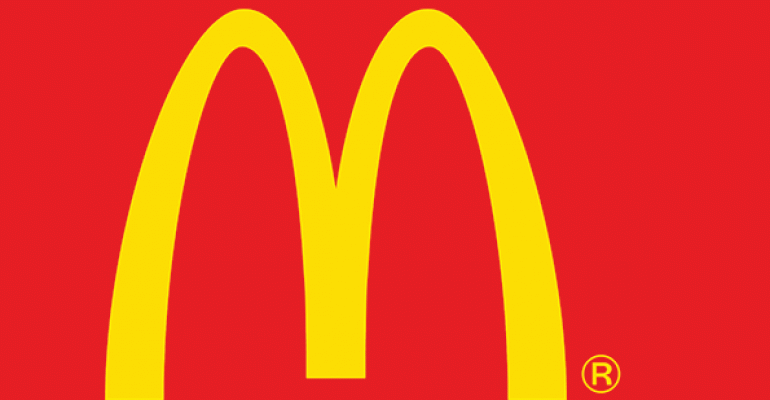One year after successfully cutting back on antibiotics use in its chicken products in the U.S., McDonald’s Corp. is planning to put similar restrictions in its global supply.
The Oak Brook, Ill.-based chain published new guidelines on antibiotic use for its global suppliers on Wednesday, as it broadens its role in the fight against antibiotic-resistant bacteria.
Starting next year, the company plans to start requiring chicken suppliers to phase out the use of antibiotics in defined by the World Health Organization as the highest priority to human medicine. Use of those antibiotics on livestock would be eliminated in Brazil, Canada, Japan, South Korea and Europe, as well as the U.S.
Use of antibiotics in chicken be eliminated in Australia and Russia by the end of 2019. McDonald’s plans to eliminate their use in all other markets around the world by January 2027. “Our goal is to have this policy implemented before this date.”
The move drew cheers from health groups who have been pushing restaurant chains, and particularly McDonald’s, to reduce the use of antibiotics in the food supply.
“We’re glad that McDonald’s is working to preserve the effectiveness of these life-saving medicines globally, and hope the chain moves quickly to make that vision a reality,” Matthew Wellington, antibiotics program director for U.S. PIRG, a coalition of state-based consumer groups, said in a statement.
Farmers have used antibiotics to stimulate growth in healthy chickens and other animals for years, but growing concern about the rise of “superbugs” resistant to antibiotics has led to a push to eliminate their use.
McDonald’s in 2015 announced plans to stop using human antibiotics in its 14,000 U.S. restaurants. The company said it accomplished that goal in 2016, one year ahead of schedule.
As the world’s largest restaurant chain, McDonald’s moves have significant impact on the supply chain. And numerous other restaurant chains have made similar commitments to reduce antibiotics use, or eliminate it, ever since then.
Advocacy groups believe the company’s move could have a similar impact on the global supply chain.
“The company’s statement today sends a powerful signal to large meat and poultry producers that they must act swiftly to reform their practices or lose potential large buyers like McDonald’s,” Kari Hamerschlag, deputy director of food and technology at the advocacy group Friends of the Earth, said in a statement.
To be sure, companies have financial reasons to make such moves. Consumers like it when restaurant chains do such things.
Last year, for instance, sales of Chicken McNuggets increased 10 percent after the company announced that it removed artificial preservatives.
According to Consumers Union, McDonald’s met with consumer and environmental organizations last week and said that 74 percent of its global chicken sales will conform to its policy as of January, 80 percent in 2019 and 98 percent by 2027.
McDonald’s also told the groups it hopes to have a timeline soon for reducing human antibiotics from its beef.
“The widespread use of antibiotics on livestock that aren’t sick is contributing to a global public health crisis with potentially dire consequences,” Jean Halloran, director of food policy initiatives at Consumers Union, said in a statement. “McDonald’s plan is a bold vision that will help preserve the effectiveness of these critical medications to fight infections and keep us healthy.
Contact Jonathan Maze at [email protected]
Follow him on Twitter at @jonathanmaze





